Resource Library
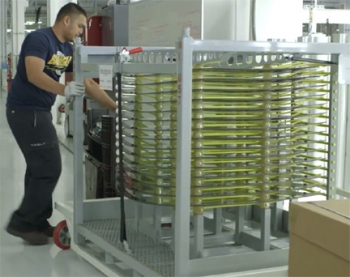 Success Stories
Success StoriesTesla Motors designs and manufactures electric vehicles. At their plant in Fremont they build the Model S, an all electric sedan that seats up to 7 people and was Motor Trend’s 2013 Car of the Year. The car company worked closely with StopWaste’s Use Reusables program to switch to reusable windshield racks, a project that eliminates about 100 tons of cardboard waste a year.
Read More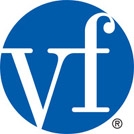 Success Stories
Success StoriesVF Outdoor, a division of VF Corp. that focuses on outdoor and athletic apparel, recently moved three of its leading brands, JanSport, lucy and The North Face, to a new headquarters in Alameda. While moving more than 470 employees, the company avoided using an estimated 11,000 cardboard boxes needed for the move by renting reusable moving crates instead.
Read More Success Stories
Success StoriesAs part of a waste reduction initiative within McDonald’s Pacific Sierra Region, the owners and franchise partners of 24 restaurants in Alameda County made recycling and composting of food scraps and food-soiled paper a priority at their businesses.
Read More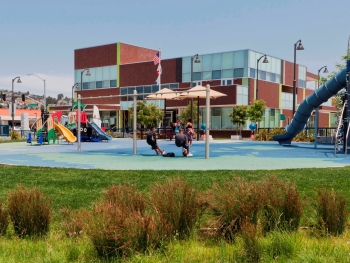 Success Stories
Success StoriesREACH Ashland Youth Center is a state-of-the-art green facility developed and owned by Alameda County. The Bay-Friendly Rated landscape and LEED Platinum-rated building provide an inspiring, healthy environment for youth and reduce long-term environmental impacts.
Read More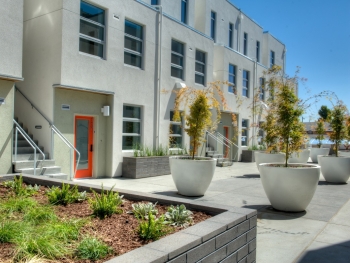 Success Stories
Success StoriesClinton Commons is a 55-unit affordable housing development that is helping to revitalize Oakland's lower San Antonio neighborhood. The project has earned both the Bay-Friendly Rated designation for its sustainable landscaping and LEED Platinum certification for its green building features.
Read More Success Stories
Success StoriesShinsei Gardens is an award-winning housing development with 39 apartments for low-income households. With a Bay-Friendly Rated Landscape and LEED Platinum and GreenPoint Rated buildings, the project provides residents with a healthy and attractive environment indoors and outdoors.
Read More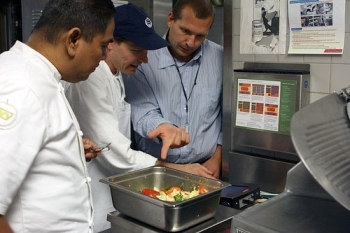 Success Stories
Success StoriesUC Berkeley’s foodservice provider Cal Dining measures types and amounts of pre-consumer food waste with specialized tracking equipment, then uses the findings to modify purchasing and food prep routines. Cal Dining has reduced food waste by 19%, equivalent to 27 tons/year, or $98,402/year in reduced food costs.
Read More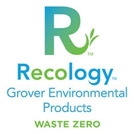 Success Stories
Success StoriesCompost made by Recology Grover Environmental Products (RGEP) is produced at a 166-acre composting facility in the Central Valley town of Vernalis. About 40-50% of the food scraps and yard trimmings used as feedstock originate in Alameda County, including the cities of Albany, Berkeley, Emeryville, Hayward, Livermore, Oakland and the sanitary districts of Castro Valley and Oro Loma.
Read More Success Stories
Success StoriesThe Zero Net Energy Center (ZNEC) in San Leandro is a partnership of the International Brotherhood of Electrical Workers (IBEW) Local 595 and the Northern California National Electrical Contractors Association (NECA). Completed in 2013 as a retrofit of an outdated commercial building, the 46,000-square-foot facility is the largest building in California that generates enough renewable energy on-site to meet its own electricity demand.
Read More Success Stories
Success StoriesWM EarthCare is Waste Management’s line of compost and mulch, produced at the company-owned composting facility at the Redwood Landfill in Novato. The locally sourced feedstock includes food scraps and yard trimmings from Alameda County residents in Albany, Castro Valley Sanitary District, Emeryville, Hayward, Oakland and Oro Loma Sanitary District—about 80,000 pounds each day.
Read More